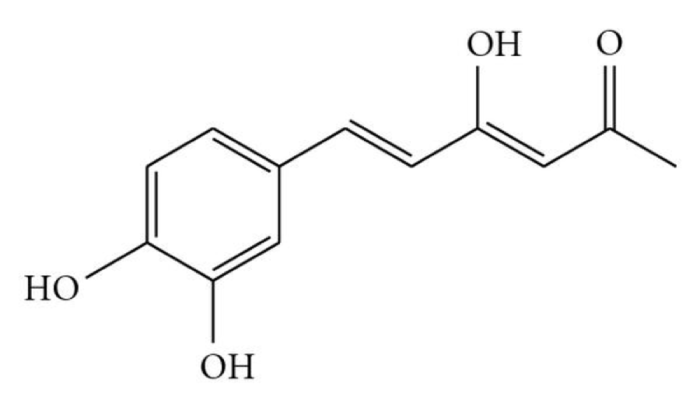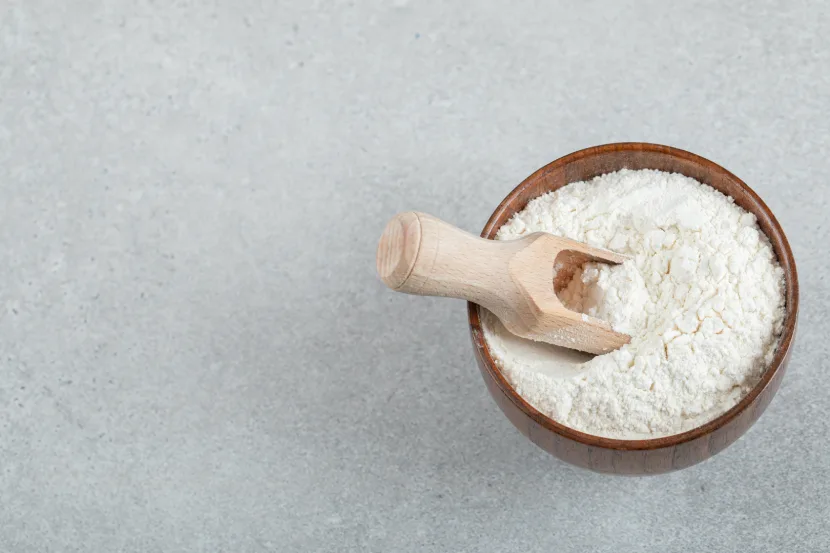Exploring Nature’s Potential in Cardiovascular Care
Cardiovascular diseases remain the primary cause of illness and death worldwide. In the quest for effective treatments, plant extracts have emerged as a promising avenue, owing to their rich bioactive compounds. These natural substances have played a crucial role in drug development, offering potential therapies for various cardiovascular conditions. However, their widespread adoption faces challenges such as potential side effects, interactions with other medications, and a lack of robust scientific evidence from high-quality preclinical and clinical studies.
A significant contribution to this field came during the 2023/24 academic year from biologist Mateu Anguera Tejedor. As part of his final year Biology degree project at the Universitat Autònoma de Barcelona (UAB), Tejedor conducted a study under the guidance of René Delgado, a former postdoctoral researcher at the Institut de Neurociències of the UAB (INc-UAB) and current lecturer at the University of Barcelona’s Faculty of Pharmacy and Food Sciences.
The study, recently published in Food Bioscience, provides a comprehensive overview of the mechanisms of action, preclinical and clinical evidence, and potential adverse effects of key bioactive compounds derived from select Mediterranean plants. These plants are integral to the Mediterranean diet, known for its health benefits.
The research focused on six representative plants and their major active components:
1. Garlic (Allium sativum): diallyl trisulfide, allicin, and S-allyl cysteine
2. Hawthorn shrub (Crataegus monogyna): quercetin, apigenin, and chlorogenic acid
3. Saffron (Crocus sativus): crocin and safranal
4. Olive (Olea europaea): oleic acid, oleuropein, hydroxytyrosol, and oleacein
5. Rosemary (Salvia rosmarinus): rosmarinic acid and carnosic acid
6. Grapevine (Vitis vinifera): resveratrol
The review examined the most significant pharmacological mechanisms of these compounds, including their antioxidant, anti-inflammatory, and vasodilatory properties. Additionally, it explored their role in regulating lipid metabolism, which could be particularly relevant for conditions like atherosclerosis and hypertension. The findings suggest that these active components show promise in potentially treating atherosclerosis and may help reduce the risk of heart attacks and strokes.
Beyond summarizing current scientific evidence, the study serves as a valuable reference guide for future research. It identifies potential knowledge gaps and offers timely recommendations for designing preclinical and clinical studies in this area. Key areas highlighted for future exploration include:
1. Long-term safety assessment of these compounds
2. Evaluation of synergistic effects when consumed as part of a Mediterranean diet
3. Establishment of standardized protocols in controlled clinical settings
By expanding the scientific foundation for these traditional remedies, this review may pave the way for their use as active pharmaceutical ingredients in developing future phytomedicines.
The research team emphasizes that while the use of these natural extracts is promising, their combined ingestion could influence therapeutic outcomes due to the “matrix effect.” This phenomenon suggests that dietary components can alter the efficacy of each extract, potentially enhancing or diminishing their individual benefits. Understanding these interactions is crucial for optimizing the therapeutic application of plant extracts in a dietary context.
It’s important to note that there is often a lack of robust evidence regarding the impact of natural extracts in humans. The researchers caution that the label of “natural” does not guarantee safety, underscoring the need to prioritize pharmacokinetic, toxicological, and clinical studies. These studies are essential to evaluate the efficacy, safety, and efficiency of natural extracts in comparison to existing pharmaceutical drugs.
Commentary by YourDailyFit columnist Alice Winters:

The recent study by Mateu Anguera Tejedor and colleagues offers a fascinating glimpse into the potential of Mediterranean plant extracts in addressing cardiovascular health. As a supplement and health product commentator, I find this research particularly intriguing for several reasons.
First, the focus on plants integral to the Mediterranean diet is noteworthy. The Mediterranean diet has long been associated with cardiovascular benefits, and this study helps bridge the gap between traditional wisdom and modern scientific understanding. By isolating and examining specific bioactive compounds from these plants, the researchers are taking crucial steps towards understanding the mechanisms behind these health benefits.
The six plants highlighted in the study – garlic, hawthorn, saffron, olive, rosemary, and grapevine – are all readily available and often consumed in various forms. This accessibility makes the potential benefits of these plants particularly exciting from a public health perspective. However, it’s crucial to note that the concentrations and forms of bioactive compounds in whole foods may differ significantly from those in extracts or supplements.
The researchers’ emphasis on the antioxidant, anti-inflammatory, and vasodilatory properties of these plant extracts is particularly relevant in the context of cardiovascular health. These mechanisms align well with our current understanding of cardiovascular disease pathology, where oxidative stress, inflammation, and vascular dysfunction play key roles.
However, as a commentator, I must stress the importance of the researchers’ cautionary notes. The “matrix effect” they mention is a critical consideration in supplement science. While individual compounds may show promise in isolation, their effects can be dramatically altered when combined with other substances in a complex diet. This underscores the need for holistic approaches in nutrition research and the importance of studying these compounds not just in isolation, but as part of broader dietary patterns.
The researchers’ call for more rigorous clinical studies is spot-on. While preclinical and in vitro studies provide valuable insights, the true test of these compounds’ efficacy and safety lies in well-designed human trials. As we’ve seen with many promising natural compounds in the past, what works in a petri dish or animal model doesn’t always translate to human benefits.
From a market perspective, this research opens up exciting possibilities for nutraceutical development. However, it also highlights the challenges in bringing such products to market. The need for extensive safety and efficacy testing, as emphasized by the researchers, is crucial. The supplement industry often faces criticism for marketing products with insufficient evidence, and studies like this one set a higher bar for scientific rigor.
For consumers, this study serves as both a source of hope and a reminder of caution. While the potential cardiovascular benefits of these Mediterranean plant extracts are exciting, it’s important to remember that supplements are not a magic bullet. The researchers’ emphasis on understanding these compounds in the context of a broader diet is crucial. Consumers should be wary of products making grandiose claims based on preliminary research.
In conclusion, this study represents an important step forward in our understanding of how Mediterranean plants might contribute to cardiovascular health. It opens up new avenues for research and product development while also reminding us of the complexities involved in translating traditional remedies into modern medicine. As we move forward, maintaining a balance between enthusiasm for natural solutions and rigorous scientific scrutiny will be key to unlocking the true potential of these plant extracts in promoting heart health.



